An Atypical Solution for a Typical Problem
Lauren Shippen is a writer best known for her work in fiction podcasts. She was the creator and sole writer of the popular audio drama The Bright Sessions, which ran from 2015 to 2018. She went on to write and direct the #1 podcasts Bridgewater and Passenger List, the latter for which she received a BBC Audio Drama Award, Webby, and British Podcast Award. She also wrote MARVELS, an audio adaptation of the popular comic, and Surviving Hawkins, a Stranger Things podcast. She has written three novels with Tor Teen.
Content Note: This piece includes frank accounts of panic attacks.
Through my life, two unchanging truths have lived inside of me: my imagination is my lifeline and I have panic attacks.
I was ten when I had my first panic attack. I didn’t tell anyone about it. I didn’t know how to tell anyone about it, because I didn’t understand what was happening. All I knew is that for a terrifying fifteen minutes I thought I was dying, and then another fifteen minutes passed and I wasn’t dead and then another fifteen minutes passed and, though I felt nauseated and weak, I clearly wasn’t going to die. That knowledge made it easy to keep it a secret, but didn’t prevent these attacks from happening over and over for the next twenty years.
I was fourteen when I got sick before meeting a new group of people for the first time. I had just gotten to the initial rehearsal for a community theatre production and I immediately had to run to the bathroom, pale-faced and wobbly, to throw up. I got back into the rehearsal room, convinced that everyone would have seen me fleeing and ask questions, only to discover that no one had noticed. Even though no one ever noticed, I would get sick again and again in social situations of all kinds, until I learned to clock the exits and bathrooms in every space I entered, a habit I’ve never broken.
I was twenty-three when I started writing The Bright Sessions. My panic attacks had been ramping up in frequency, my social anxiety had kept me from taking most casual acquaintances into real friendships, and I was completely lost. So I retreated to the one place I knew I could always find comfort, the one place I could always be understood: my imagination. Ever since before I could remember, before my life became a series of moments between anxiety spikes, I would spend as much time as I could daydreaming. I devoured fantasy novels and sci-fi TV shows, and would imagine myself jumping into those worlds and into worlds of my own creation. Like my anxiety, my inner worlds were a secret from everyone I knew. It never occured to me that sharing one secret might help me share the other.
But then I started to imagine a girl who had panic attacks just like I did, but who would time travel when she had an attack. I started to imagine who she might talk to about such a condition and that’s when The Bright Sessions - a podcast, then a series of books, about people with supernatural abilities in therapy - was born.
I was twenty-five when I started going to therapy. I had released the first season of The Bright Sessions - the first episodes of Sam the time traveler, Caleb the empath, and Chloe the mind-reader in therapy with Dr. Bright - a few months earlier and the hardest part was over. I’d written something about my panic attacks and put it out in the world for anyone to hear. Going to therapy felt easy by comparison. My panic attacks haven’t gone away, but they are fewer and farther between and, most surprising of all, they are very much not a secret anymore.
The Bright Sessions grew into something I never could have imagined, even with all my vivid daydreaming. Not only did I get to produce seven whole seasons of the story, with incredible actors and, later, writing collaborators and sound designers and composers, but I got to write three books about some of my favorite characters - Caleb and his empathy, Damien and his complicated ability of emotional manipulation, and, most recently, Rose and her dreamdiving. I got to explore and understand different aspects of myself in each of them - my overwhelming emotions, my sense of isolation, my imagination which mostly was a refuge but sometimes threatened to swallow me whole in the way Rose’s dreamworld does - but I also encountered something even more precious than self-actualization. Other people understood me. Other people experienced what I experienced - sometimes in the same way, sometimes in a completely different way that was still deeply relatable - and they wanted to share it with me. I was open with my own secrets and, in turn, people gave their secrets to me. Suddenly, none of us were alone.
I write fiction. I write stories that take place in worlds where magic is real, where people have superpowers, where monsters lurk in the woods. But that’s my favorite thing about speculative fiction - it allows us to conceptualize truths about the world and about ourselves that are otherwise hard to face. That was something I’d only ever experienced as a reader. Until The Bright Sessions, I’d never experienced the unique connection that comes from people seeing themselves in my most painful truths.
Some Faraway Place is a culmination of all of this. It’s an invitation into the wilder parts of my imagination, into the spikier corners of my negative self-talk, into the boundless love I have for the people around me and the deep insecurities around what they might think of me. It’s the final chapter in a six-year-long fictionalized diary of me saying “here’s who I am, all the bad and all the good” and people saying back to me “I’m that way too. We’re here together”.
I’m thirty and those two truths are still true: my imagination is still deeply important to me and I still have panic attacks. But there’s a third truth that’s revealed itself over the past six years: I am not alone. And neither are you.
Rose Atkinson's mother can see the future. Her father can move things he doesn't touch. Her brother Aaron can read minds. And Rose, well, she makes a mean spaghetti bolognese.
Everyone else in her family is Atypical, which means they manifested an ability that defies the limits of the human experience. At nineteen, well past the average age of manifestation, Rose is stuck defending her decision not to go to college and instead working in the kitchen of a local restaurant, hoping to gain the experience she needs to become a chef.
When a rollerblading accident sends her to the hospital, she meets a girl she can't forget and she starts to feel like maybe her life isn't quite so small. But when she starts falling asleep mid-conversation, she thinks, then again maybe I'm doomed to never have good things.
Rose should be happy to learn that she's Atypical after all--that diving into dreams makes her a part of her family in the way she always wanted. But the more time she spends in the dreamworld, the more complicated her ability becomes. Trying to balance her work, her power, and a girlfriend who doesn't know about Atypicals, Rose seeks help. But she soon discovers that being Atypical comes with dangers she never could have imagined. Even her carefully constructed dreamworld isn't safe.
This is the story of Atypical Rose, who discovers that your dreams coming true isn't always a good thing.
Add Some Faraway Place to your tbr here. Order it from your local independent bookseller, or order it via Bookshop.org to support independent booksellers throughout the US and the UK. For international shipping, you can try Barnes & Noble. If you prefer audiobooks, here’s a Libro.fm link. You can also request Some Faraway Place from your local library — here’s how to get in touch with them. And if you need to order from the Bad River Website, here’s a link that will leverage your order to help get clean water to people who need it.
If you haven’t already, I hope you’ll consider subscribing to this newsletter. The subscriber community is a wonderful and supportive one, and we’re spending 2021 finding new ways to stay connected and share experiences.
No matter what you do, please find a way to support Asian American and Pacific Islander communities. There are some resources here to get you started. You can also click here to find ways to support Black communities and people.
In the meantime, care for yourself and the people around you. Believe that the world can be better than it is now. Never give up.
—Gailey

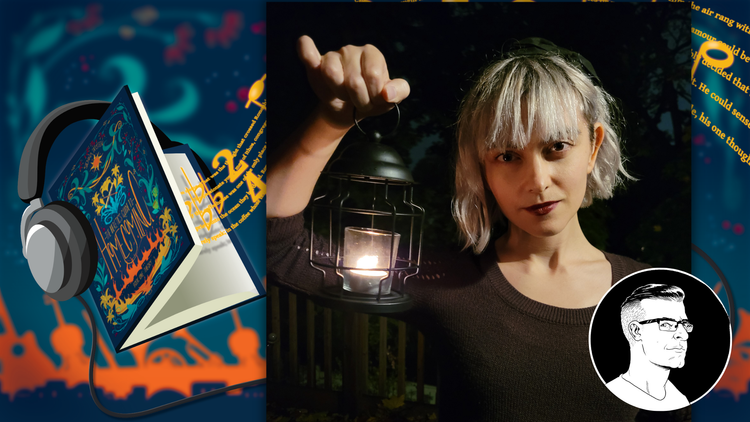
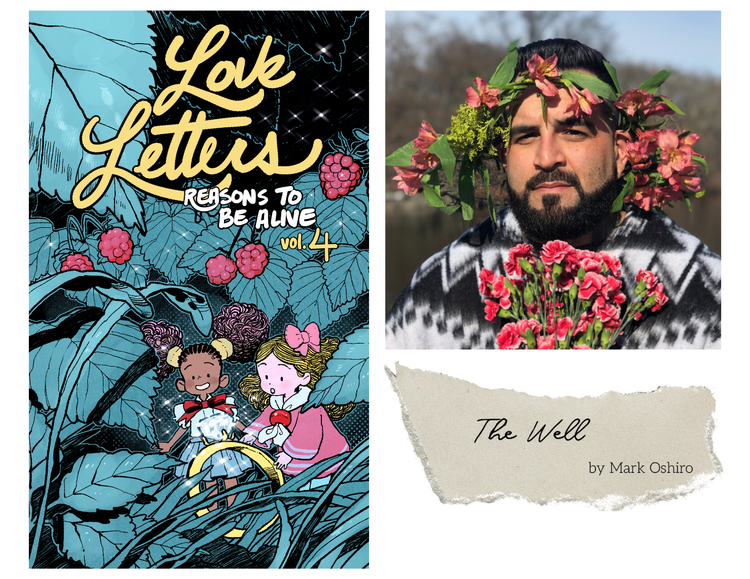
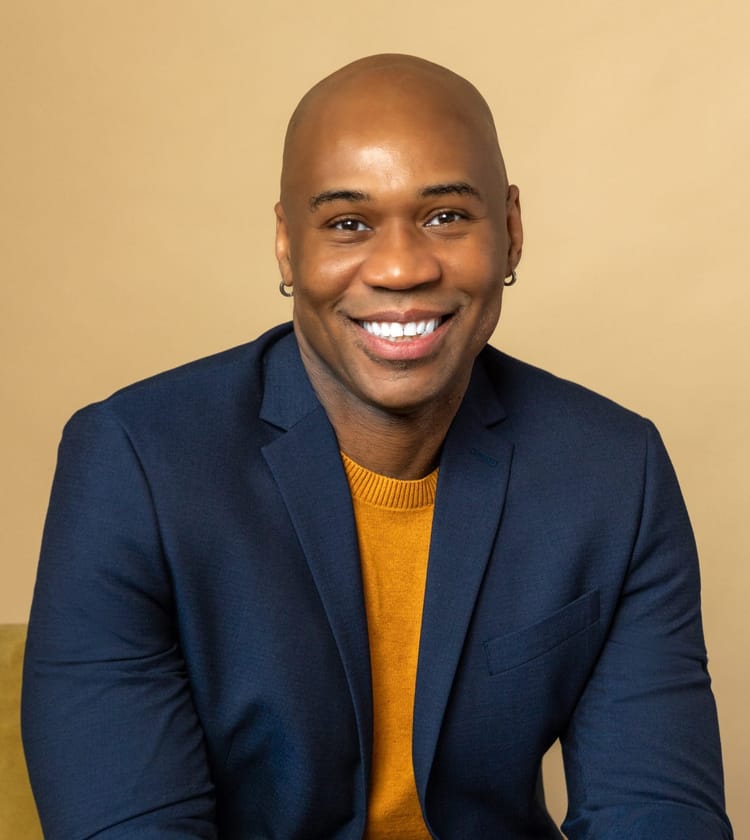
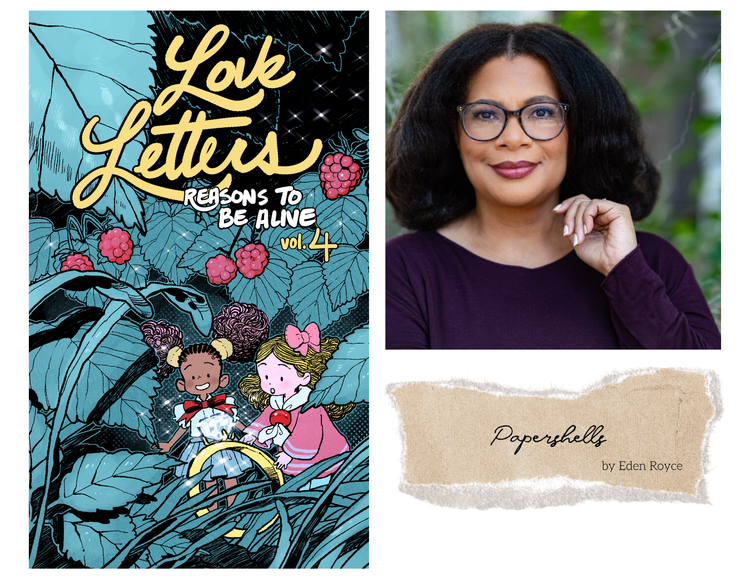
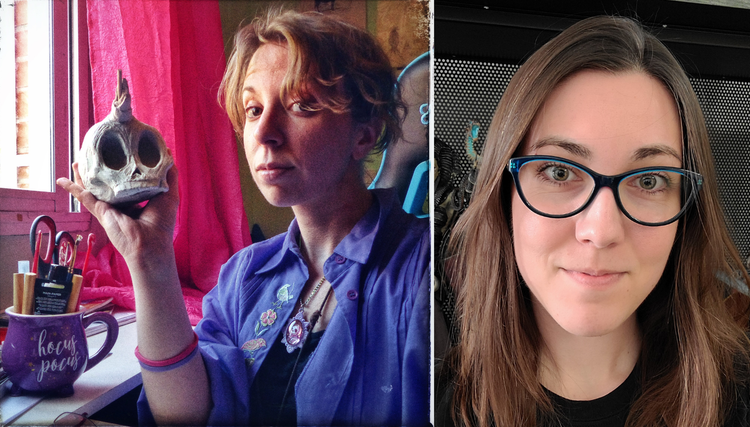
Member discussion